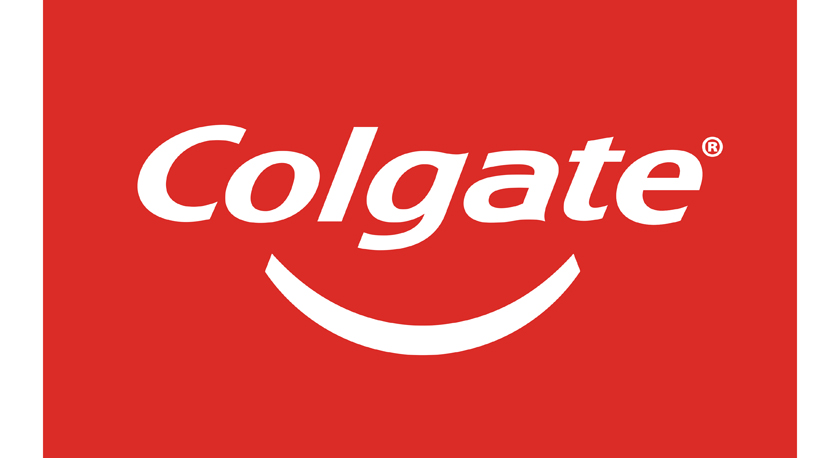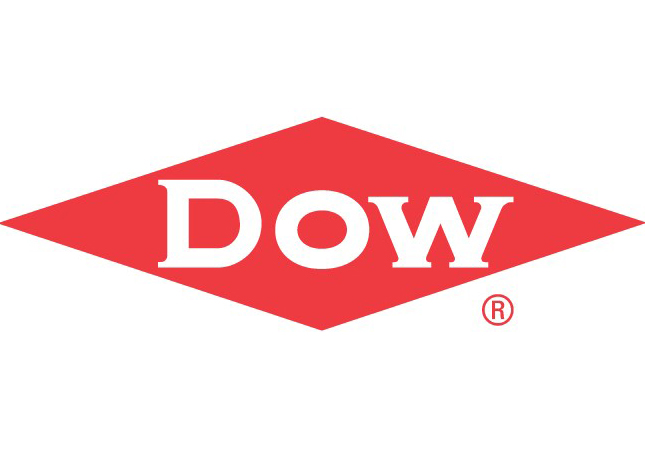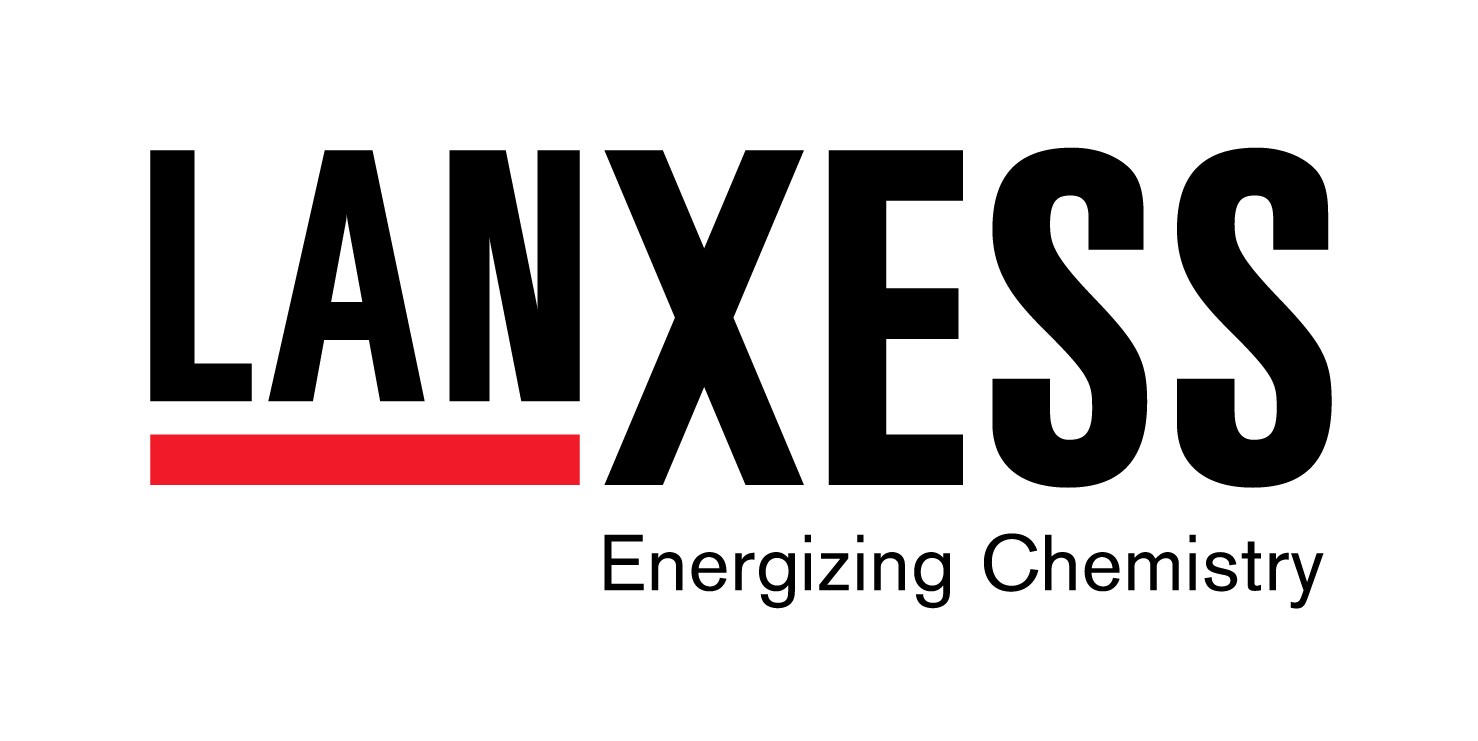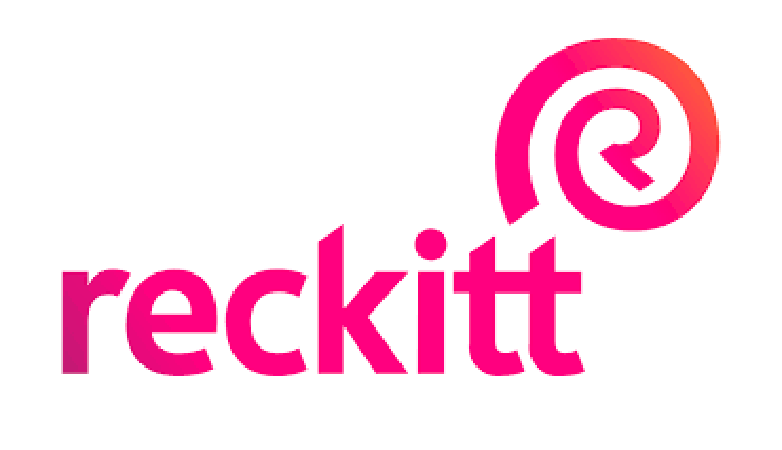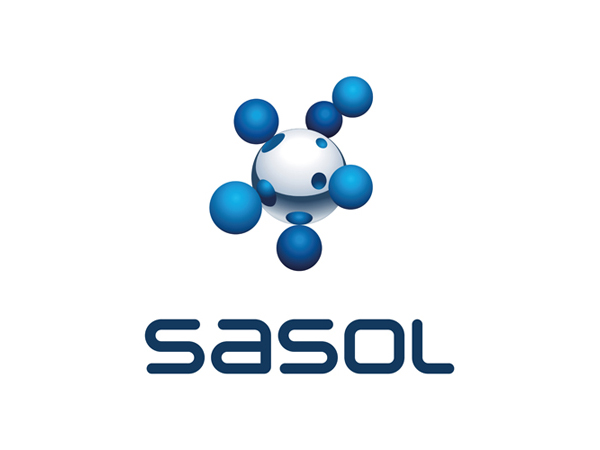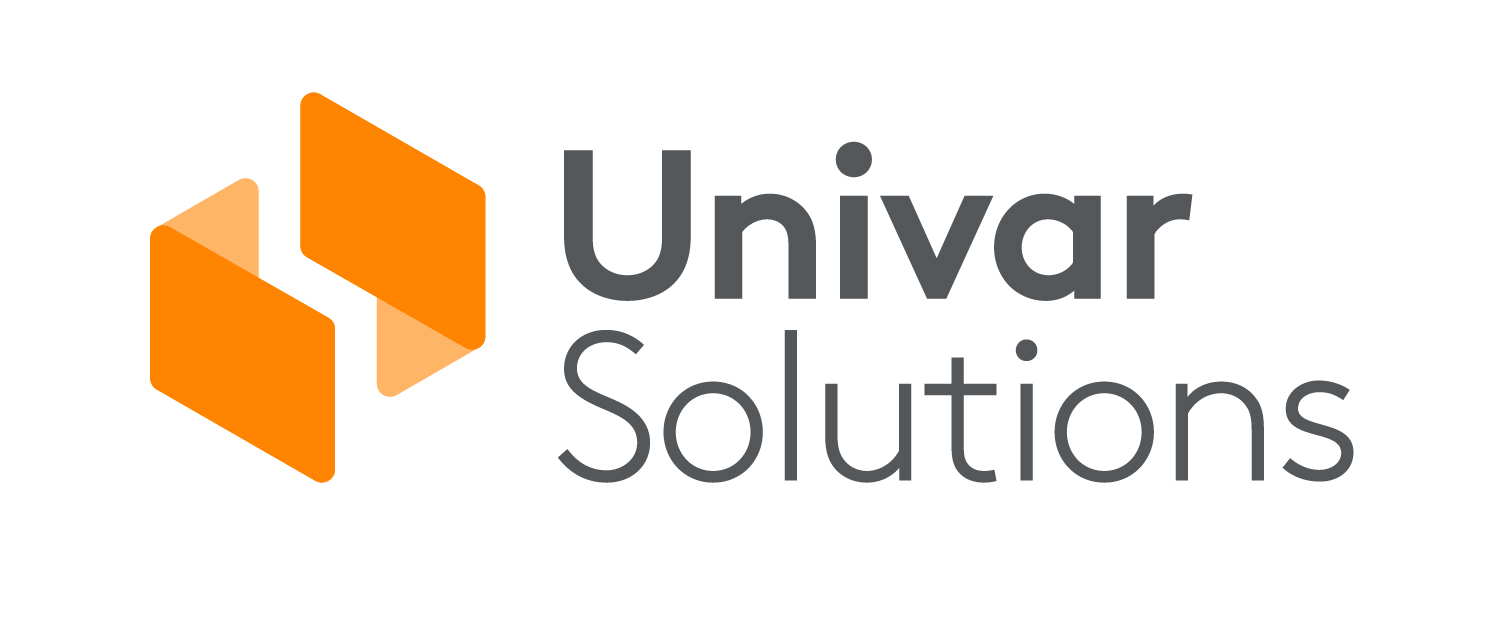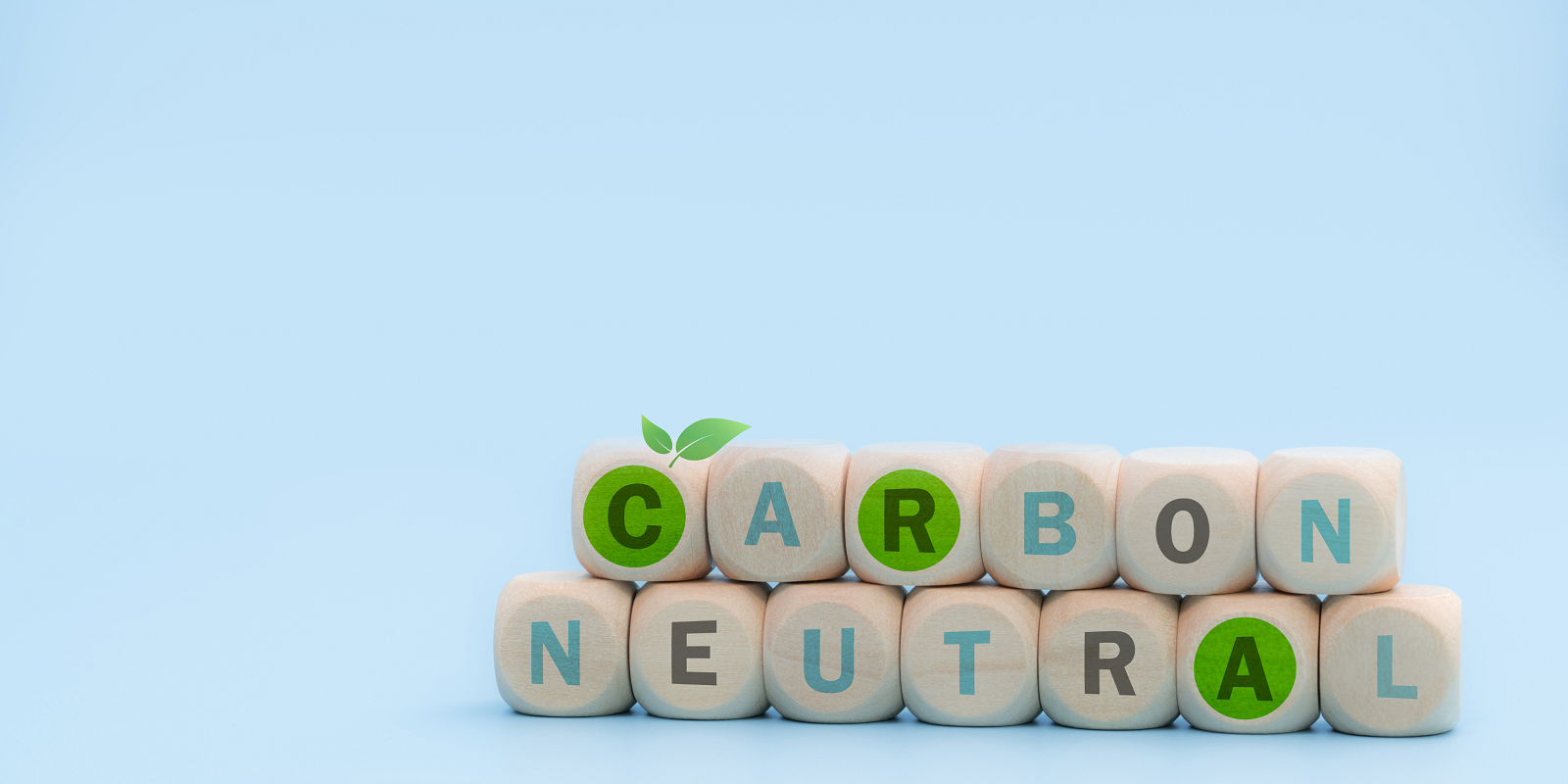
Climate science signals that if the world does not act now to decarbonize, the consequences could be devastating for communities, businesses and even entire countries. We recognize the need to hold global average temperature increases in line with the scientific consensus and we acknowledge our industry’s responsibility to play our part.
The ambition we are striving for is to achieve net zero industry carbon emissions.
OUR ROADMAP FOR GETTING THERE
As an industry, we are committed to reducing GHG within the manufacturing of cleaning products as well as both upstream in our supply chain and downstream to product use.
Reducing absolute GHG emissions within operations and product manufacturing.
- By 2023, 80% of cleaning product manufacturers1 have set science-based GHG reduction targets, including scope 3 emissions, and are reporting progress.
- By 2030, measurable progress2 toward achievement of identified targets.
Working with supply chain partners, reduce upstream GHG emissions and transition to low-carbon transportation.
- By 2025, 80% of supply chain3 has set science-based GHG reduction targets and is reporting progress.
- By 2030, measurable progress2 toward achievement of identified targets.
Enhance climate resilience by restoring, conserving or creating natural climate solutions that store carbon and aid in sequestration.
- By 2025, all ACI companies achieve commitments for traceable and deforestation-free paper, soy, palm oil and palm oil derivatives.
- By 2040, residual industry emissions balanced with natural climate solutions.
Through support of policy and collaborations with external stakeholders, minimize emissions from cleaning product use.
- By 2035, achieve a 100% renewable4/clean U.S. electricity grid.
1.5°C Challenge
At ACI, we have been considering our role in supporting the outlined roadmap and driving the industry forward toward our climate ambition. As a first step, we think it is important to send a clear signal to our industry as to what leadership looks like in the space of climate action. Therefore, ACI has challenged our members to raise ambitions and act on climate now.
In alignment with many external stakeholders, our expectation is that companies in the cleaning products industry and supporting supply chain align their corporate climate strategy and targets with the 1.5°C ambition, which strives to reach net-zero global emissions by 2050.
Below are the commitments being made by companies across the cleaning products industry.
Companies Commitments:
Arxada is committed to solving the world’s toughest preservation challenges through better science. Our environmental efforts are focused on operating eco-efficiently and respecting the planet’s natural resources. While our products have an enormous positive societal and environmental impact, we are also improving the efficiency of our facilities and supply chain, contributing towards a reduction in our environmental footprint. Our ambition is to become a low-carbon specialty chemical company with a net zero carbon footprint, and we are well ahead of our 2030 goal of 50% reduction in GHG. To meet our net zero by 2050 target, we will be working to reduce our emissions in line with our SBTi submitted targets.
BASF supports the objective of the Paris Agreement to limit global warming to below 2°C and recently announced it wants to achieve net zero emissions by 2050. To accomplish that, the company wants to reduce its greenhouse gas emissions worldwide by 25 percent by 2030. The company wants to do this despite targeted growth and the construction of a large Verbund site in South China. At the heart of the plan is the use of new technologies, which will replace fossil fuels with electricity from renewable sources. BASF plans to invest up to €4 billion by 2030 to help attain this goal.
Read the case study.
Colgate-Palmolive is a caring, innovative growth company that’s reimagining a healthier future for all people, their pets and our planet. Accelerating action on climate change is a core action of Colgate’s 2025 Sustainability & Social Impact Strategy, including both net zero carbon by 2040 as well as 100% renewable electricity by 2030 in global operations. Colgate’s climate goals on Scope 1, 2 and 3 were approved in 2020 by the Science-Based Targets initiative, and are aligned with the Business Ambition for 1.5°C. The strategy to reach these goals includes the following areas: engaging suppliers, net zero carbon operations, sustainable products and consumers, and climate resilience.
Croda announced its commitment in 2019 to reduce its greenhouse gas emissions in line with the Science Based Targets initiative with the aim of restricting global warming to 1.5°C above the pre-industrial average. With more than 67% of the company’s organic raw materials coming from bio-based sources, Croda believes that it is well positioned to not only reduce its GHG emissions, but to become ‘Climate Positive.’ This ambitious target focuses on the use of more bio-based raw materials, and also quantifying the carbon savings derived from Croda’s products as they are used by its customers and the end consumers.
As both a major user of energy and a producer of technologies that are essential to a lower-carbon economy, Dow acknowledges its responsibility and is committed to act. Dow’s "protect the climate" targets reflect the company’s commitment to accelerate its work with suppliers, customers and value chain partners to reduce its net annual carbon emissions by 5 million metric tons versus its 2020 baseline and ensure Dow’s ecosystem is carbon neutral by 2050. Dow’s action plan has two areas of focus: ensuring the products Dow sells continue to be more sustainable than any alternative and advancing its manufacturing operations.
Ecolab has committed to the UN Business Ambition on 1.5°C to reduce carbon emissions in its operations, and as such is actively working to drive similar progress in its value chain. To help meet this commitment, Ecolab is electrifying its fleet of service vehicles, moving to 100 percent renewable electricity in owed global operations, expanding energy efficiency projects at plants, offices and operations around the world, and working with supply chain partners to adopt similarly ambitious climate goals.
Read the case study.
Evonik supports society’s ambition to reduce global warming and is committed to the Paris Agreement on Climate Change. Evonik has defined ambitious targets for climate, water and energy. One target is the reduction of absolute scope 1 and scope 2 greenhouse gas emissions by 50 percent by 2025 (reference base: 2008). Another target is the reduction of scope 3 emissions related to “raw material backpack” from the upstream value chain by 15 percent by 2025 (reference base: 2020). Evonik will also continue to develop and market products whose use makes a positive contribution to reducing GHG emissions compared with conventional alternatives.
View the Case Study.
Firmenich is acting to minimize its impact and is leading its industry towards a carbon neutral future. Firmenich is a founding member of Business Ambition for 1.5°C, a coalition of over 320 companies committed to net zero by 2050. Firmenich has set emissions reductions to keep warming to below 1.5°C, in line with the Paris Agreement’s goals. Firmenich commits to continue driving its vision of a zero impact future and will reach carbon neutrality in its direct operations by 2025. The United Nations says the decade from 2011 to 2020 was the warmest on record. Now is clearly the time for bold and swift environmental action.
Henkel has a long-term vision of becoming climate positive by 2040 and is making an active and committed contribution to climate protection. The company has the ambitious target to reduce the carbon footprint of its production by 65 percent by 2025. Energy efficiency will continuously be improved. Only electricity from renewable sources is used at US production sites and offices and by 2030 this will be extended to all regions. In addition, Henkel wants to leverage the broad reach of its brands and technologies across the globe to help customers, consumers and suppliers reduce their CO2 emissions. Having already enabled them to save more than 55 million tons in the 5-year period up to 2020, the company strives to reach the target of 100 million tons by 2025.
Read Henkel's case study.
In 2019, IFF was one of the first companies to sign the U.N.’s Business Ambition for 1.5°C: Our Only Future pledge, in alignment with its approved Science Based Target (SBT) to reduce absolute Scope 1 and 2 GHG emissions by 30% below 2015 levels by 2025. In addition, IFF aims to engage suppliers representing 70% of its supply chain emissions to set their own SBTs by 2025, and procure 75% of its electricity portfolio from renewable sources by 2025.
Read the case study.
Lanxess has developed a clear strategy to become climate-neutral by 2040 and has already launched the first major projects. With this new goal, they are building on our established and successful commitment to climate protection.
MonoSol innovates advanced materials that make essential, everyday products simpler, safer and more sustainable. Along with its parent company, Kuraray, MonoSol supports the climate ambitions of the Paris Agreement and, as signatory to the UN Global Compact, the Sustainable Development Goals related to climate action. As part of its rigorous “mid-term plan” development process this year, MonoSol and Kuraray are establishing updated science-based sustainability goals and progress indicators to accelerate the journey to achieving net-zero GHG emissions as part of a comprehensive plan addressing a wide range of global environmental and social priorities.
Novonesis is committing to limiting GHG emissions in line with maintaining global temperature rise below 1.5°C. By 2030 Novonesis aims for a 50% decrease in absolute CO2 emissions below a 2018 baseline, 100% renewable electricity, and a 15% reduction in absolute CO2 emissions from purchased goods and services. These targets have been validated and accepted by the Science-Based Targets initiative (SBTi).
Read Novonesis' case study.
Reckitt is combatting climate change with ambitious plans to reduce its own carbon footprint. This means being more resource efficient with energy, using more renewable fuels, and designing for a lower carbon economy – for its sites, its products and its suppliers. Reckitt knows a healthier planet enables healthier lives. In June 2020, Reckitt pledged to accelerate the delivery of the Paris Climate Change Agreement to keep global warming to below 1.5°C. Reckitt has committed to reducing carbon emissions from its sites by 65% and to powering its operations with 100% renewable electricity by 2030, with the ambition of net zero carbon emissions by 2040 – a decade ahead of the world’s goal of 2050.
Read Reckitt's case study.
Sasol’s purpose is innovating for a better world. Sasol is focused on reducing its impact on the environment by reducing its greenhouse gas emissions; using lower-carbon feedstocks and energy sources; and by creating products that reduce energy consumption, reduce packaging and transportation impacts, and eliminate plastic waste in the environment. Sasol supports the Paris Agreement and recently announced new sustainability targets and actions to transform its business to a greener future, with a commitment to net zero by 2050. As part of this commitment, Sasol Chemicals will reduce its scope 1 and scope 2 GHG emissions by 30 percent by 2030 through renewable energy; process optimization; and carbon capture, use and storage. Additionally, Sasol Chemicals is focused on reducing its scope 3 emissions through collaboration with customers, suppliers and industry alliances to develop sustainable and circular solutions.
Seventh Generation has set Science-Based Targets, including Scopes 1, 2, and 3, to limit GHG emissions to keep planetary temperature rise to less than 1.5°C. In addition, Seventh Generation is transitioning from 100% RSPO GreenPalm PKO to 100% RSPO mass balance PKO to stop deforestation driven by demand for palm oil; and is advocating for a fee for carbon-emitting fuels and feedstocks at state and federal legislatures.
Shell’s target is to become a net-zero emissions energy business by 2050, in step with society's progress in achieving the goal of the UN Paris Agreement on climate change. With this target, Shell will contribute to a net-zero world, where society stops adding to the total amount of greenhouse gases (GHGs) in the atmosphere. This supports the most ambitious goal to tackle climate change laid out in the Paris Agreement: to limit the rise in average global temperature to 1.5 degrees Celsius above pre-industrial levels.
The Clorox Company champions people to be well and thrive every single day. People can only thrive on a healthy planet so climate action is imperative. Clorox is committed to net zero GHG emissions by 2050 and has set science-based targets (SBTs) to reduce absolute scope 1 and 2 GHG emissions 50% by 2030 – consistent with the most ambitious 1.5°C goal of the Paris Agreement. Clorox also aims to reduce absolute scope 3 GHG emissions from purchased goods and services and use of sold products 25% by 2030. Clorox’s SBTs were approved by the Science-Based Targets initiative.
Twin Rivers Technologies (TRT) acknowledges that climate change is a threat to our planet and has set a goal of outperforming the Paris Climate Accord and SDG goals for emissions. Over the past few years, TRT has implemented several systems at its Quincy, MA manufacturing operation in an effort to support international actions to address the climate. TRT is proud to join ACI’s 1.5°C Climate Challenge and to work with its industry partners in the effort to protect our environment.
Univar Solutions recognizes the need for action to tackle climate change and their responsibility to be part of that change. Climate action therefore is a core tenet of their global sustainability strategy and they have set out clear mid-term and long-term goals to deliver ambitious progress for reducing operational emissions. This includes a 20% reduction in absolute emissions by 2025, 40% reductions by 2030 and net-zero emissions by 2050. Alongside publishing these next-generation goals they’ve also proudly announced a pledge to the Science Based Targets Initiative (SBTi)’s business ambition for 1.5°C campaign, in support of the campaign's goal to limit global temperature rise to 1.5°C above pre-industrial levels.
WACKER is one of 15 chemical companies worldwide with a validated net zero target for 2045, proving that its greenhouse-gas reduction path aligns with the 1.5°C target of the Paris Agreement. WACKER is improving its own environmental footprint and contributing to limit global warming.
For example, WACKER offers attractive product solutions such as innovative high-performance binders used in thermal insulation systems in buildings. Construction is becoming more sustainable and energy efficient, and our polymer binders are an important key to success.
Sustainable chemistry benefits from a holistic approach to assess the sustainability attributes that should be considered as we work to solve today’s multiple challenges.
1 As represented by ACI membership base of cleaning products manufacturers
2 Progress consistent with global emissions reduction target of at least 50% by 2030
3 As represented by ACI membership base of suppliers
4 Energy from a source that is not depleted when used, such as wind or solar power



